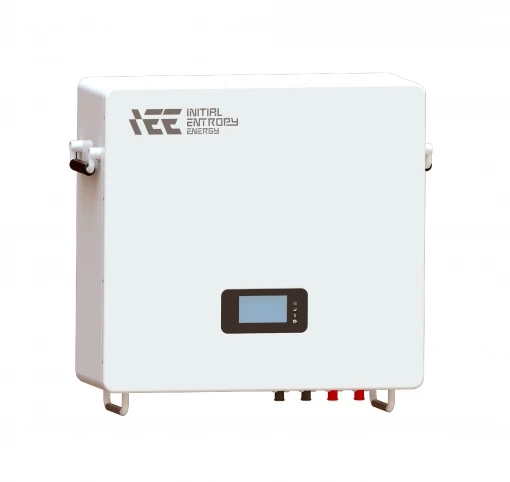How important is solar energy storage when you have your battery energy storage system? The answer, surprisingly, is that it’s critical. You could say that you don’t have a battery energy storage system without it! That’s because the entire purpose of your battery energy storage system should be to store and preserve the energy from your solar energy system long enough to use it when you need it. You’ll need at least 1 or 2 days’ worth of solar energy storage in your battery backup system.
Battery energy storage systemHere Are The Benefits of Solar Energy Storage
1. Helps to reduce dependence on the grid — When you have a solar energy storage system, you can rely less on the grid and generate your power. This can help to reduce your energy bills and your carbon footprint.
2. Increases the life of your batteries — Solar energy storage battery can last up to twice as long as traditional batteries. This means you won’t have to replace them often, saving you money in the long run.
A Battery Energy Storage System Should Include the Following
1. A way to store solar energy: A solar energy storage system helps you harness the sun’s power and store it . It is important because it allows you to generate electricity even when the sun isn’t shining.
2. A way to use solar energy: Solar energy can be used to power your home or business, or it can be used to heat water or generate electricity. Whatever its use, a battery energy storage system will allow you to keep using solar power even after the sun has set.
A battery energy storage system doesn’t just include solar panels; it also provides battery banks and inverters. The equipment needed depends on how much power you need to store and what type of batteries are used. For example, if a standard lead-acid battery is used, two sets of batteries wired in series would be needed.
How to Manage Your Batteries and Electrical Loads Effectively
A solar energy storage system could help you manage your batteries and electrical loads effectively. This is because solar energy can be stored in batteries, which can then be used to power your home or business when no sunlight is available. Solar energy storage systems can also help you save money on your electric bill, as you will use less electricity from the grid.
Charge Controller Basics — Importance of Charge Controllers in a Solar PV Installation
Charge controllers are essential to any solar photovoltaic (PV) system. They regulate the voltage and current from the PV panels to the batteries to prevent overcharging and discharge. Without a charge controller, the batteries would be damaged and would not be able to store the solar energy effectively. Moreover, the charge controller regulates battery charging cycles by controlling how much power is drawn off each battery simultaneously. It also prevents too much power from flowing into the battery when it’s full — which can damage or shorten its life span.
Inverter Basics — Understanding Power Inverters for Home Use
An inverter is an electrical equipment or device that converts DC (direct current) into AC (alternating current). Inverters are used in home solar power systems to convert the DC electricity generated by the solar panels into AC electricity, which can then be used to power household appliances.
Fuses vs. Circuit Breakers — Which Protection Device Do You Need?
When it comes to electrical safety in your home, you need to be able to rely on your fuse box or circuit breaker. But what’s the distinction between these two devices? Fuses protect against overloads, while circuit breakers protect against short circuits. To find out if you have a breaker or a fuse box in your home, locate the main panel and see if there are fuses on one side and breakers on the other. If there are fuses, then it’s safe to assume that this is where all of your fuses will be located — not necessarily true with breakers!


